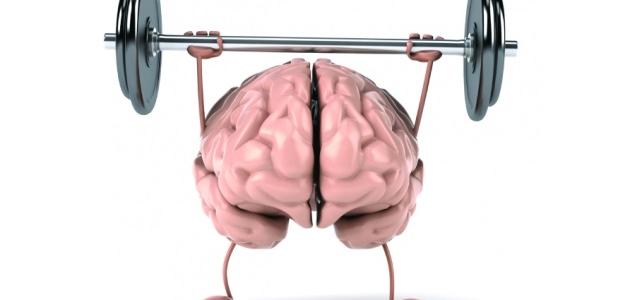Contents
Fitness
Despite the interest in fitness in all countries of the world, it may be difficult to define a single definition of fitness that is agreed upon by those interested and professionals in fitness, there are more than one definition, including:
Known by Hoekey, 1981
On the other hand, it is the physical state through which the individual can carry out his daily burdens with high efficiency. He adds that it is an individual issue that means the ability of the individual himself to accomplish his daily work within the limits of his physical capabilities, and the ability to carry out daily tasks depends on the physical, psychological, mental, emotional and spiritual components of this individual.
Known Fitness Clarke, 1976
However, it is the ability to carry out daily tasks vigorously, consciously, without undue fatigue from the availability of sufficient energy
General fitness information
The concept of physical fitness changes with the change and development in the scientific and technological advancements as the way of life evolved in the late twentieth century from its beginnings. In the past, the focus of its measurement was on measuring a person's muscle strength, but in the modern era, physical fitness is measured by the extent of efficiency and the skin of the respiratory system, which consists of From the lungs and the heart.
In the early seventies, the concept of physical fitness developed significantly when running for long distances, and the increasing demand for its practice became the ideal way to gain physical fitness in general, as it helps to improve the performance of the respiratory system. Running is a method that helps raise the efficiency and performance of the respiratory system and to maintain the ideal body weight. In addition to raising the efficiency of the muscles of the body.
Fitness Benefits
- It improves the performance of body systems such as the respiratory system in addition to the muscular system.
- Fitness helps prevent and reduce the incidence of some cardiovascular diseases.
- Physical fitness helps maintain the ideal weight of an individual and reduces excess weight.
- Fitness contributes to strengthening the performance of the joints in the body, in addition to the tendons and ligaments.
- Physical fitness increases the efficiency of burning nutrients and converting them into useful energy.
- Fitness helps in raising the body's resistance to stress and nervous fatigue.
- Fitness leads to self-confidence.
- Fitness is a useful and effective way to spend leisure time.
- Physical fitness reduces the effects of aging.






